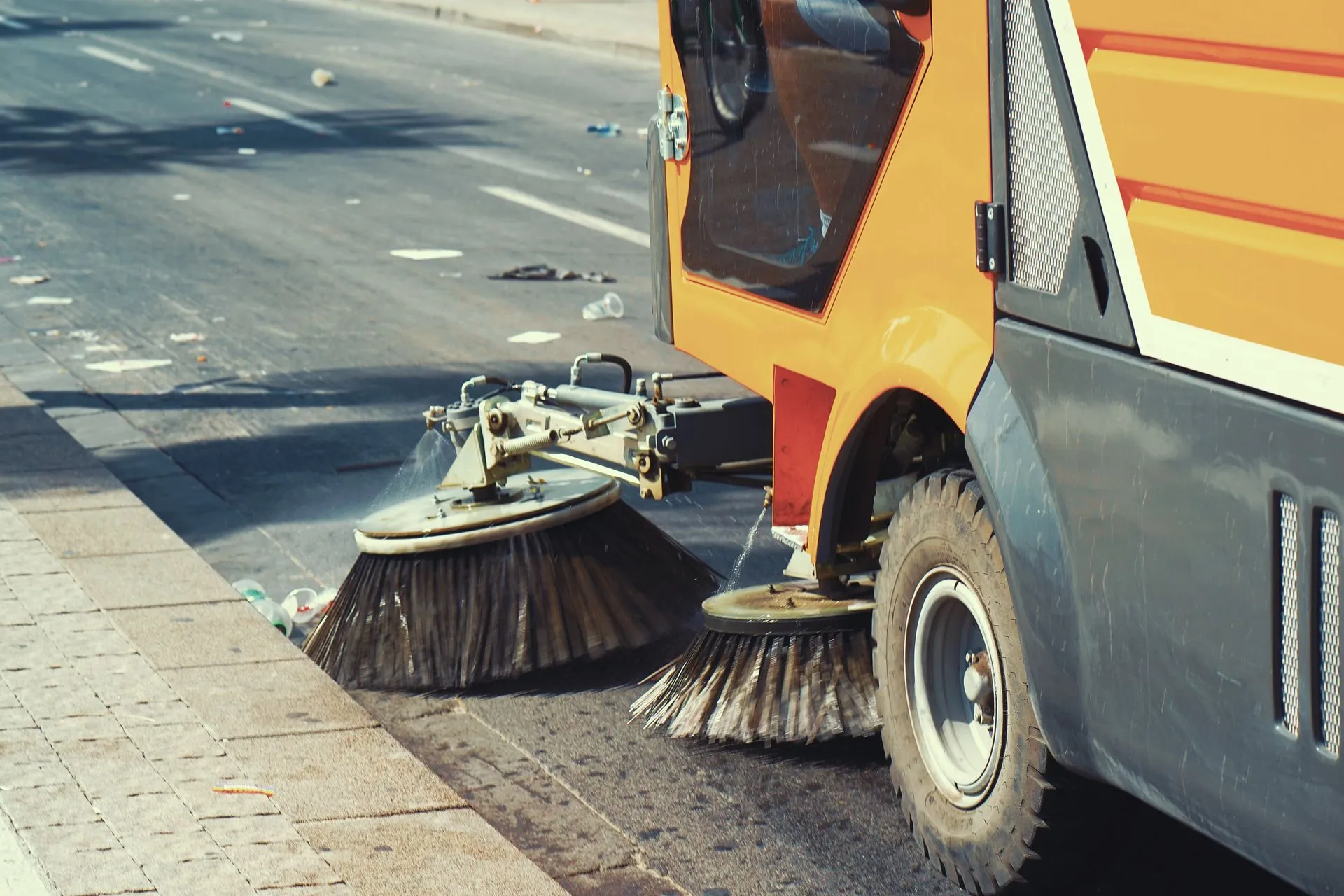How Street Sweepers Enhance Urban Cleanliness
The cleanliness and safety of our urban environments heavily rely on the diligent work of street sweepers. These machines systematically remove roadway debris and litter, ensuring a cleaner and more aesthetically pleasing environment. Without them, city streets would quickly become overwhelmed with trash, creating an undesirable and unhealthy setting. This accumulation of waste can obstruct drainage systems, leading to urban flooding and other complications.
Street sweepers like the Tymco sweeper are renowned for their effectiveness. They clean up visible waste and capture fine dust particles that could otherwise contribute to air pollution, significantly reducing the levels of particulate matter in the atmosphere. This function is critical in metropolitan areas where pollution levels tend to be higher.
Technology Behind Modern Street Sweepers
Today’s street sweepers incorporate advanced technology that has revolutionized how we maintain our streets. Features like vacuum systems, water sprays, and powerful brushes work in tandem to effectively clean various surfaces, from smooth urban roads to gritty industrial areas. This technology integration allows them to operate more quietly and efficiently than older models, reducing noise pollution—a key consideration in densely populated urban zones.
Moreover, many modern sweepers are built sustainably, incorporating eco-friendly components and operating systems that reduce fuel consumption and emissions. Some models even run on electricity or hybrid engines, contributing to their carbon footprint reduction.
Health and Safety Benefits
Regularly maintained streets have substantial health and safety implications. By removing litter, leaves, and potentially hazardous debris, street sweepers help prevent accidents caused by slippery or obstructed roadways. This is especially important in areas with heavy rainfall, where blocked drainage can quickly lead to waterlogged streets.
Street sweeping also mitigates health risks by reducing habitats for pests such as rodents and insects that thrive in trash-ridden environments. Fewer pests lead to a decrease in the transmission of diseases they might carry, promoting a healthier urban population. Furthermore, street sweepers play a vital role in protecting our water supplies by preventing pollutants from being washed into local waterways—directly impacting community health and safety.
Environmental Advantages
From an environmental standpoint, regular street sweeping is essential for reducing pollution in urban settings. It captures and disposes of pollutants like heavy metals, oils, and gasoline residues that would otherwise enter the soil and water systems, posing a threat to the local flora and fauna. By intercepting these substances, street sweepers help maintain the ecological balance and protect biodiversity.
Additionally, the waste collected by street sweepers is increasingly being recycled, reducing the strain on landfills. Understanding how these initiatives shape our urban landscapes can be explored through various urban environmental initiatives, showcasing how cities implement sweeping as part of broader ecological strategies.
Community Impact and Awareness
Clean streets play a significant role in developing community spirit and pride. People are likelier to engage in a well-maintained environment, participating in outdoor activities and communal events. This sense of pride encourages citizens to take responsibility for their surroundings, fostering a community-wide ethos of care and respect.
Public awareness campaigns accompanying sweeping schedules further educate residents on the importance of street cleanliness. These campaigns often result in less littering and better compliance with waste disposal regulations. This collective effort significantly bolsters the effectiveness of street sweepers, leading to a healthier, more unified community.
The Economic Aspect
Investing in street sweepers can yield considerable economic benefits. While the initial costs might seem high, the long-term savings in healthcare and urban maintenance are substantial. Cleaner streets mean fewer disease outbreaks, reducing the strain on public health systems and associated costs.
Improved street conditions also lower the cost of maintaining urban infrastructure, such as stormwater systems and roads, as they are less likely to require frequent repairs. Furthermore, enhanced cleanliness can increase property values, attract investors, and stimulate local economies by making areas more appealing to residents and businesses.
Recent Innovations Making A Difference
The sweeping industry is experiencing a wave of technological advancements designed to enhance its efficacy and sustainability. Recent innovations include self-cleaning filters that reduce maintenance times and costs, ergonomic designs that improve operator comfort, and automated systems that allow precise, efficient operation.
Additionally, developments have been made in utilizing data analytics and GPS technology to optimize street-sweeping routes, ensuring maximum coverage with minimum effort. These forward-thinking strategies improve efficiency and are crucial for meeting environmental regulations and sustainability goals.
Keep an eye for more latest news & updates on Essential Tribune!








